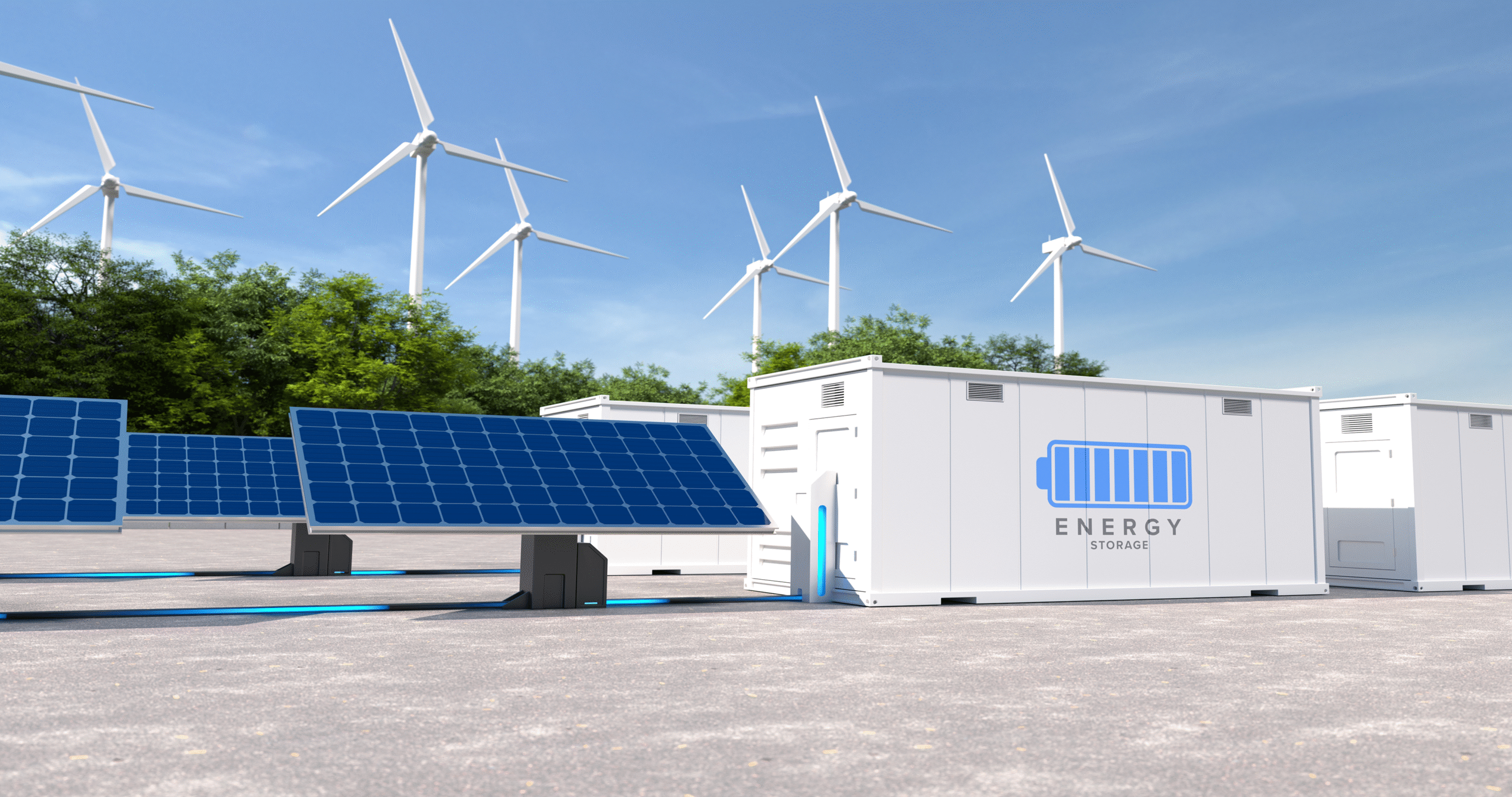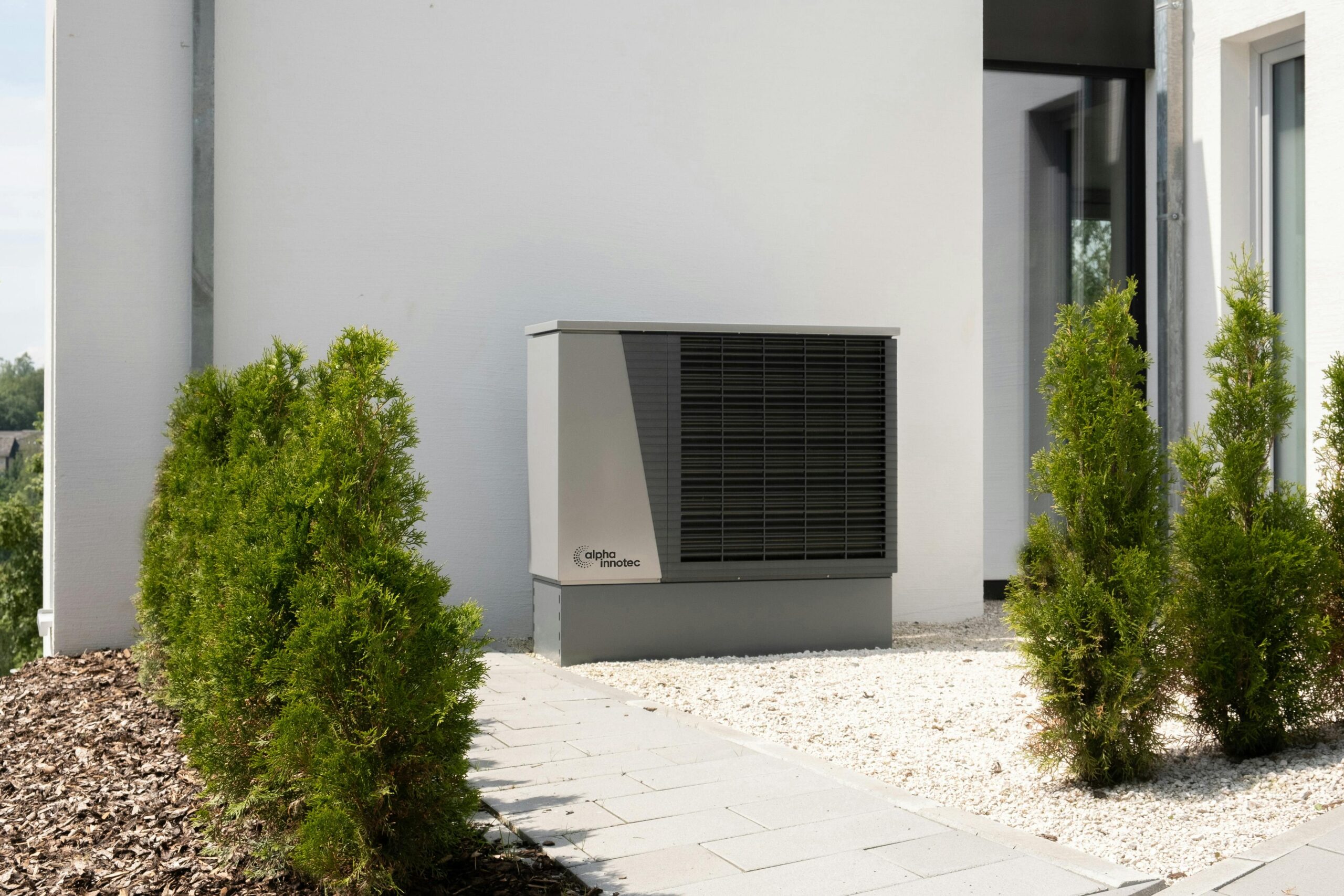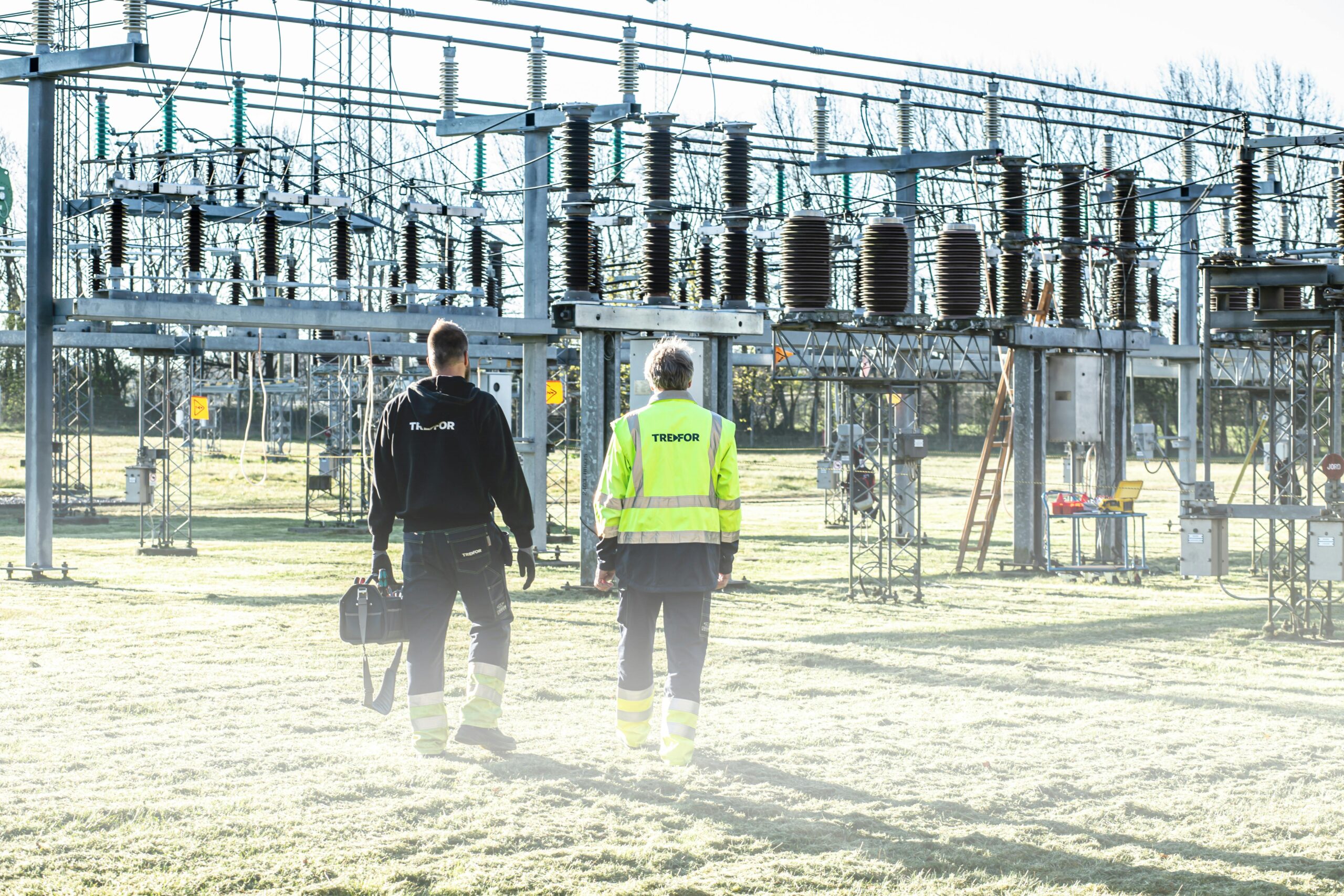
Note: Grant funding comes from Skillnet Ireland through the Irish National Training fund, and, as a result, is ONLY available to residents of the Republic of Ireland who work as a sole trader, or for a private or semi-state commercial company registered in ROI. If you are not eligible for the discount, you will still have the option to enrol by paying the full course fee. Please read Eligibility Criteria.
*** Applications are not open yet. Enquire Now to register interest for the next semester.***
This module involves a comprehensive exploration of the need for energy storage and explores modern energy storage techniques, including electrochemical, thermal, and mechanical methods. It will explore the principles of each energy storage technology, their real-world applications, with a focus on efficiency, scalability and sustainability. The course also includes ethical considerations and the potential environmental impact of energy storage and possible benefits for renewable energy landscape.
On completion of this micro-credential, students will be able to:
- Understand the different energy storage technologies available such as electrochemical, thermal, and mechanical methods.
- Evaluate the efficiency, limitations, and scalability of various energy storage systems.
- Assess the environmental and economic impacts of energy storage solutions.
- Apply mathematical reasoning to analyse storage performance in real-world applications.
Explore innovations in energy storage that are shaping the future of renewable energy integration.
Topics to be covered include:
- Energy storage technologies, role of energy storage in sustainable energy systems and the environmental aspects of energy storage.
- Mechanical energy storage, pumped hydroelectric storage, compressed air energy storage and flywheel energy storage.
- Thermal energy storage, sensible and latent heat storage, ice/water thermal storage and phase change materials.
- Chemical energy storage, batteries (overview), hydrogen storage and synthetic natural gas production.
- Other energy storage technologies covered will include gravitational energy storage electromagnetic energy storage and supercapacitors
Professionals and students interested in the energy storage sector, particularly those seeking an understanding of green energy storage.
Professionals involved in energy storage solutions come from a broad range of backgrounds. Key job titles relevant to this area include:
- Energy Storage Engineer
- Battery Systems Analyst
- Electrical Engineer
- Energy Systems Designer
- Grid Integration Specialist
Applicants should hold a Level 8 qualification with a minimum of a H2.2 in a related discipline, such as a relevant Science or Engineering course.
Alternatively, candidates with an equivalent qualification and significant professional or industrial experience may be considered through Recognition of Prior Learning (RPL).
International applicants must have a minimum IELTS score of 6.0 overall (with a score of 5.5 in each component) or equivalent.
One lab practical/site visit. This is delivered on a Saturday at ATU’s Letterkenny campus, with mandatory attendance required.
One weekly online lecture: Delivered live and recorded
One weekly tutorial: Delivered live and recorded
Weekly Independent Learning: 5 hours – Reading, Audio books, Podcasts, Relevant current affairs, etc.
100% Continuous Assessment







